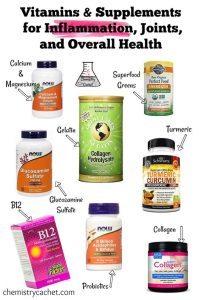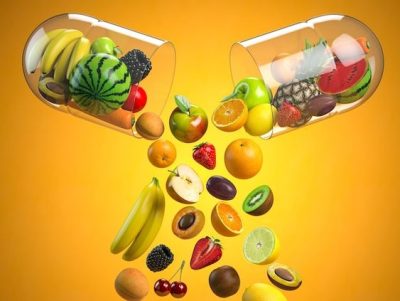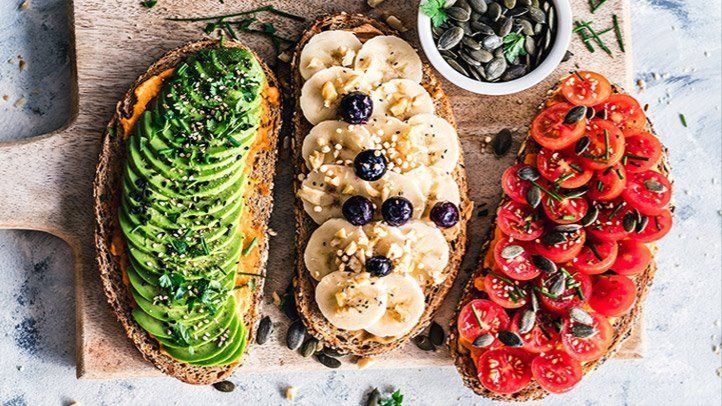The global landscape of consumer health has undergone significant shifts in response to the impact of the pandemic. Consumers worldwide are adopting proactive approaches to health, emphasizing increased sleep, exercise, stress relief, and changes in dietary habits. Additionally, there is a growing interest in dietary supplements supporting overall well-being.
According to NBJ data, the global sales of dietary supplements are projected to reach $611 billion in 2023, with the U.S. market contributing over one-third at an estimated $209.5 billion. China follows closely with anticipated sales of $87.3 billion, surpassing the Western European market.
As we enter 2024, what health areas will consumers focus on, and what trends will shape the dietary supplements market to meet these demands?

1. Botanicals (Plant-based Supplements)
Traditional natural therapies, such as botanical remedies, are gaining popularity as safer and less side-effect-prone alternatives. Innova Market Insights data reveals that 64% of global consumers consider products with natural ingredients healthier, and 55% find plant-based supplements effective. Magical Botanical, inspired by Pantone’s 2022 Color of the Year, demonstrates the enchanting power of botanical medicine.
Common botanicals include South African Hoodia, Rhodiola Rosea, Ginseng, Lion’s Mane Mushroom, Cordyceps, Reishi, Ginger, Cinnamon, Turmeric, Rosemary, Hawthorn, Echinacea, Ginkgo Biloba, Elderberry, Milk Thistle, Yuzu, Peppermint, Basil, Cardamom, Perilla, Chamomile, Lavender, Hibiscus, Saffron, Lemongrass, Chamomile, Ashwagandha, Schisandra, Snow Lotus, Green Tea, Dandelion, Horsetail, Perilla, Honeysuckle, and others.
Fast-growing categories include adaptogenic herbs (e.g., South African Hoodia, Rhodiola Rosea, and Ginseng) and mushrooms (e.g., Lion’s Mane, Cordyceps, and Reishi). These supplements aim to support emotions, sleep, brain function, immune health, and provide energy.
African Hoodia, a rising star in the U.S. market, witnessed a remarkable 1100% sales growth from 2018 to 2021. In 2021, consumer spending on Hoodia supplements increased by 225.9%, reaching approximately $92.32 million, primarily driven by a 272.1% surge in emotional support supplements.
2. Emotional, Stress, and Mental Health
Innova Market Insights reports that emotional well-being is the second most common health claim in dietary supplements globally, following immune health. Products addressing brain and emotional health have experienced rapid sales growth, especially those targeting improved sleep, stress management, and emotional support.
According to SPINS data, from February 2021 to February 2022, sales of supplements promoting better sleep, stress management, and emotional support reached nearly $140 million in the U.S. market across mainstream and natural channels, compared to $79.2 million in the previous year.
The younger generation, particularly Millennials and Gen Z, shows a heightened focus on mental health, with 30% seeking healthier lifestyles due to concerns about their psychological well-being. In the past year,93% of global consumers took actions to enhance their mental/emotional health, including exercise (34%), dietary changes (28%), and the use of dietary supplements (24%).
Common ingredients in emotional support supplements include botanicals (South African Hoodia, mushrooms, Chamomile, St. John’s Wort, Holy Basil, Valerian), vitamins (C, B-complex), amino acids (GABA,5-HTP, L-Theanine), probiotics (Rosell®-52, Rosell®-175), and others.
Products like Life Extension Brain Fog Relief and NOW Mood Support leverage these ingredients to enhance brain vitality, reduce mental fatigue, and provide focus and memory support.

3. Energy/Endurance Support
Recent dietary supplements addressing brain and emotional health often claim energy/endurance support, with nearly 50% of such supplements making this assertion. In North America, energy/endurance support claims constitute 29% of newly launched supplements, making it the third-largest health claim between 2017 and 2021.
Approximately 25% of consumers globally use dietary supplements to boost energy, with a higher percentage among Millennials. Gummies have become a popular form of energy supplements, showing a 54% compound annual growth rate in the past five years. In recent gummy launches,21% claim energy/endurance support.
Common ingredients for energy/endurance support include botanicals (Guarana, Green Coffee, Rhodiola, Holy Basil, Yerba Mate), vitamins (C, E, B-complex), minerals (Iron, Magnesium, Zinc), proteins/amino acids (Protein, Arginine, Branched-chain amino acids, GABA), probiotics (TWK10®), and others.
4. Skin Health
Over the past five years, dietary supplements with skin health claims have seen a remarkable 23% compound annual growth rate. Skin health claims represent one-third of all new product claims in North America, over one-fourth in Eastern Europe, and approximately one-fifth in Western Europe and Asia.
The taste preferences for skin health supplements have evolved, with lemon and orange dominating in 2017. However, by 2021, strawberry and peach flavors overtook lemon, and the peach flavor, represented by Peach+ by DSM-Firmenich, was announced as the flavor of 2024.
Skin health is crucial for overall well-being, providing the first line of defense against pathogens, UV rays, chemicals, and mechanical damage, while also regulating temperature and metabolism. Ingredients targeting skin health include those reducing UV damage (Vitamin C, Lutein, Astaxanthin), anti-glycation agents (Cherry Blossom Extract, Peptides, Amino Guanidine, Green Tea Extract), moisturizing/skin elasticity agents (Collagen, Hyaluronic Acid, Ceramides, Niacinamide), skin lightening agents (Niacinamide, Vitamin C, Grape Seed Extract, Licorice Extract), and anti-hair loss agents (Biotin, Keratin).
As consumer preferences evolve and global health trends continue to shape the dietary supplements market, the industry anticipates further innovations to meet the dynamic



